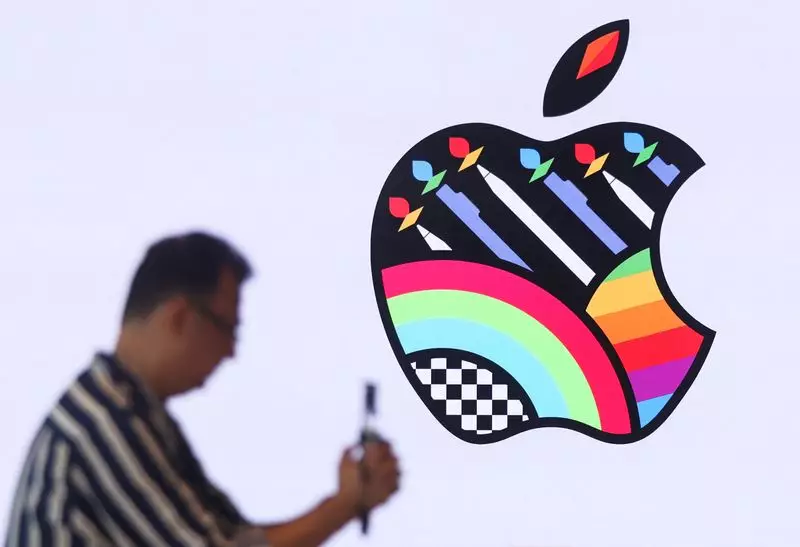In the realm of technology and consumer rights, cases of antitrust allegations have increasingly become the focal point of discussions. Recently, the Competition Commission of India (CCI) found itself at the center of a controversy involving Apple Inc. The regulator denied Apple’s request to halt an investigation report that indicated the company had violated competition laws. Such situations highlight the delicate balance between innovation and fair competition, particularly in rapidly evolving markets.
Apple’s entanglement with the CCI stems from a series of regulatory actions that began in 2021. Initially, Apple claimed that sensitive commercial data regarding its operations was improperly disclosed by CCI to its competitors, creating a significant concern for the tech giant. The specific case gaining attention included ties to Match Group, the parent company of the dating app Tinder. Allegations circulated that the CCI had failed to redact pertinent details from its reports, leading to potential competitive disadvantages for Apple. In response, the CCI ordered the retrieval and destruction of the original investigation documents.
In November, Apple escalated its concerns, accusing the primary complainant in the investigation, a non-profit organization known as Together We Fight Society (TWFS), of not complying with the guidelines set forth by CCI regarding the destruction of the earlier reports. The tech titan called on the regulator to penalize TWFS for its noncompliance, seeking to delay the release of updated findings. However, the CCI dismissed Apple’s plea as ‘untenable,’ allowing the investigation to move forward without interruption. This decision underscores the regulator’s commitment to transparency and adherence to procedural integrity.
The core of the investigation revolves around Apple’s allegedly monopolistic practices within its app ecosystem on the iOS operating system. According to the CCI, Apple’s policies have disadvantageously impacted app developers and users, suggesting that Apple wields excessive control over its marketplace, hindering competition from alternative payment processors. While Apple has consistently refuted these claims, asserting its relatively minor presence in the Indian smartphone market—dominated primarily by Android devices—it raises questions about the complexities of market dynamics.
Moving forward, the CCI has mandated that Apple submit audited financial reports for the fiscal years 2021-22, 2022-23, and 2023-24 as part of the ongoing proceedings. This request signals that financial implications could be significant depending on the final outcomes of the case. The scrutiny placed on Big Tech companies is intensifying worldwide, as regulators strive to ensure a level playing field in their respective markets.
The ongoing saga between Apple and the CCI serves as a vivid reminder of the tension that often exists between giant tech firms and regulatory bodies. The conclusion of this case could have wide-reaching ramifications for Apple’s business practices in India and potentially reshape the competitive landscape of mobile application ecosystems globally. As the investigation unfolds, the need for balance in fostering innovation while ensuring fair competition remains pivotal in this digital age.

